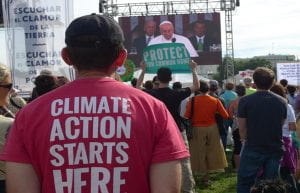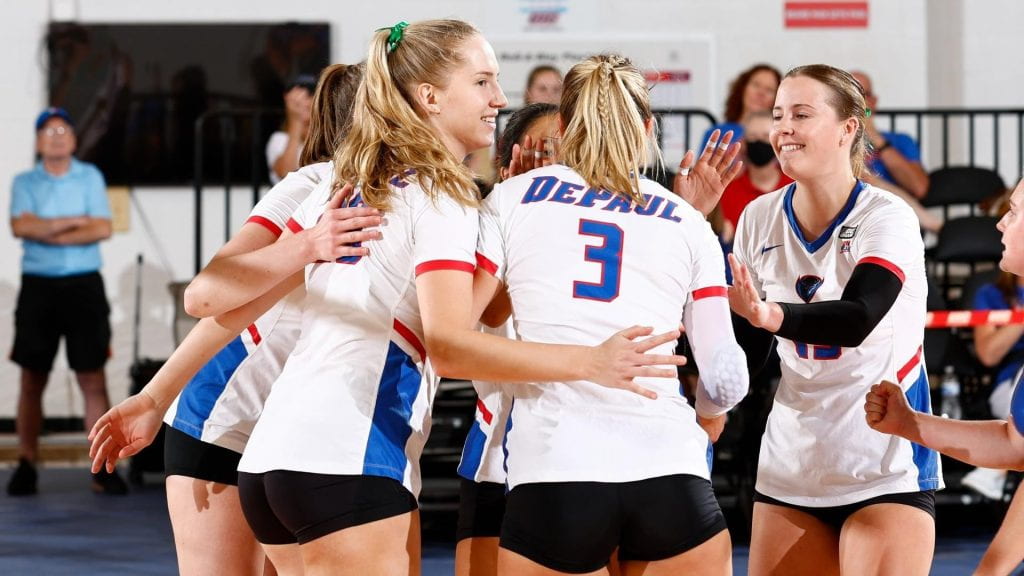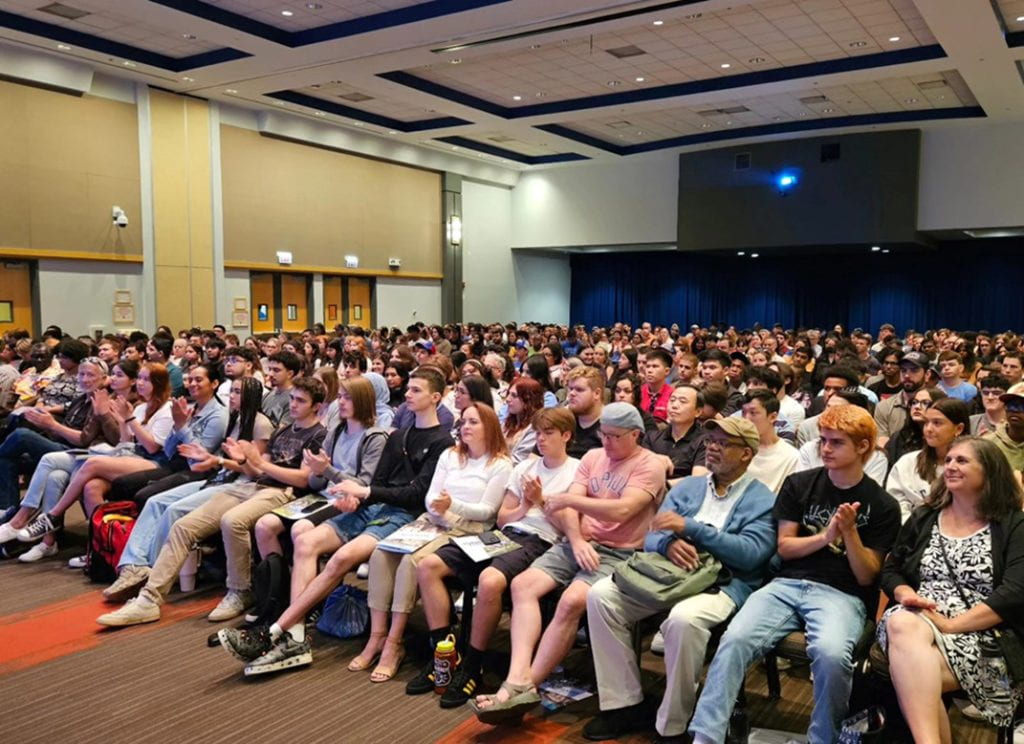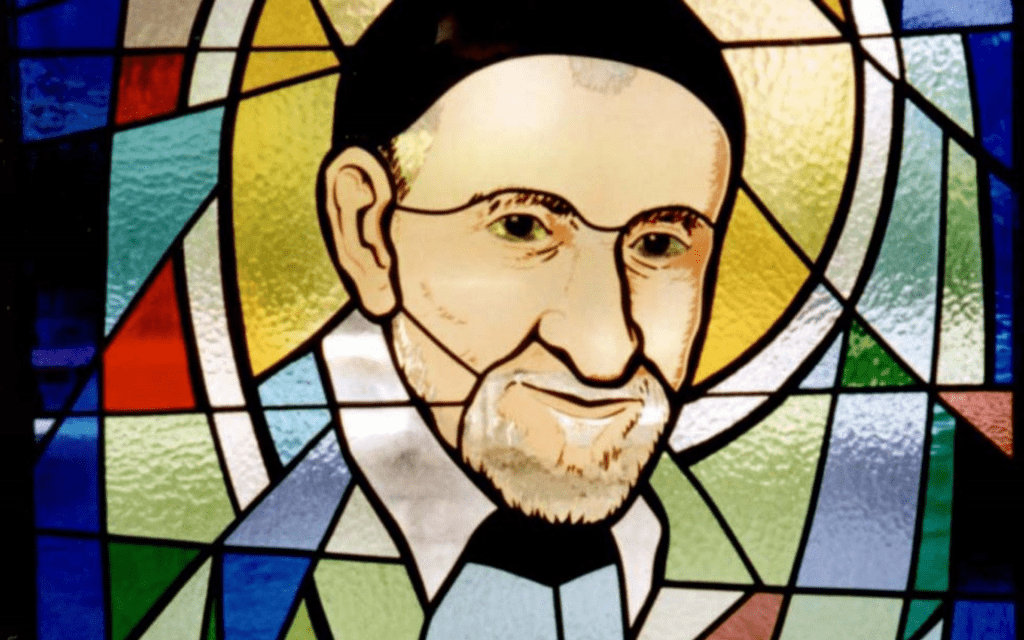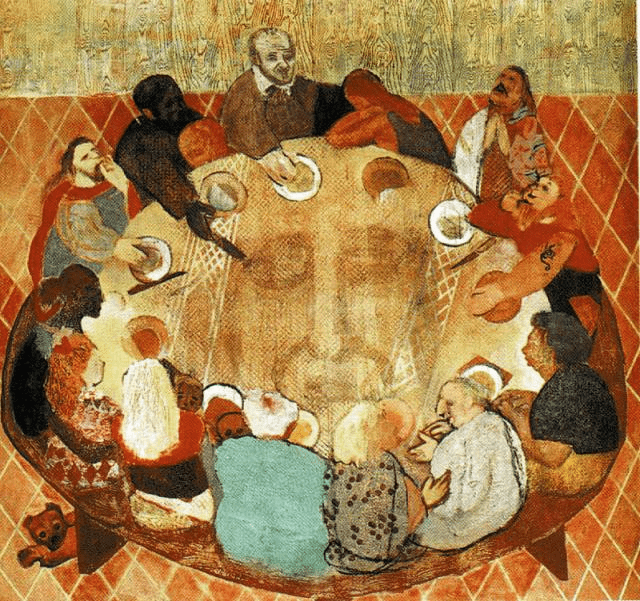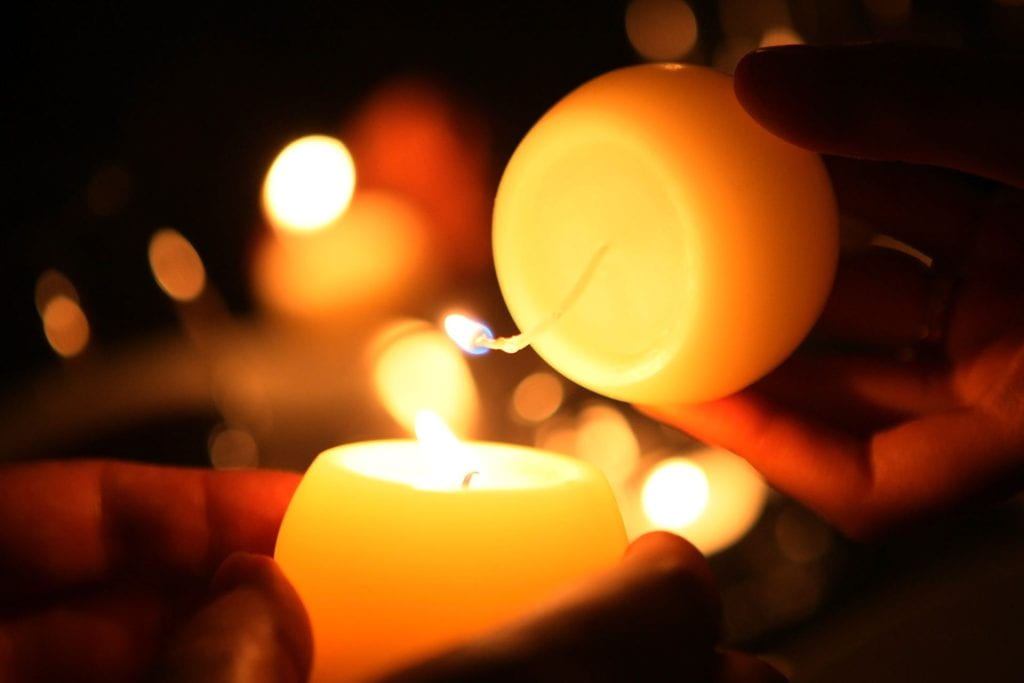
“I certainly hope that you will lay the foundation … of the establishment being made, so that the edifice will be built on rock and not on shifting sands.”[1]
I have been thinking about foundations—things upon which something stands or is supported—quite a bit lately, because on January 25, DePaul celebrated the 407th anniversary of the foundation of the Vincentian mission. On that date in 1617, Monsieur Vincent de Paul delivered a memorable sermon of inspiration and hope to poor villagers of the rural community he served. This occasion was so meaningful to those assembled, including Vincent, that it contributed to a great surge of faith among the villagers, and led some years later to Vincent founding an order of priests who, like himself, were willing to devote their lives to the poor. Accordingly, the foundation of the worldwide Vincentian mission we know today was laid in a modest country church in France when faith, in response to great need, took action.
In a less institutional but more personal way, I have been reflecting upon my own foundation as of late. Unexpected challenges have made me stop and ask: What have I built my life on? What really grounds and supports me? And what difference does it make?
Albert Camus, the French writer and thinker, talked about the human crisis, the time when an individual, or an entire society, comes under intense difficulty or threat, and when difficult decisions must be made.[2] At these times of crisis, Camus believed, human beings have three options: they can throw their hands up in despair and impotence; they can take refuge in empty beliefs that prove useless when the going gets tough; or they can resist. For Camus, this last option was the best option, the most noble, the most virtuous. To resist means to respond to danger and challenge with courage, selflessness, justice, and love. To resist is to use the available talents and resources towards vanquishing the threat and serving the common good. Camus did not think that such resistance was easy nor was it always successful. But it was the right, and ultimately most effective, thing to do.
It seems to me that resistance to a challenge or crisis, whether it is personal or societal, stands a better chance of success if it is based upon a strong foundation. Values that are tried and true. Wisdom that has stood the test of time. Relationships that are healthy and nurturing. A strong sense of your “inner compass” and where it is pointing you. Vincent de Paul and his community faced the crisis of poverty in seventeenth-century France and chose not to turn away, but to resist. They based their resistance on their own strong foundation: faith, which, for them meant modeling their lives on the example of Jesus Christ; community, which meant that they would live and serve together; and a shared commitment to respond to the needs that presented themselves.
As human beings, we move between challenges, even crises, as a part of life. As Camus understood, during these times the temptation to give up or turn to a false, empty solution is strong. But, if we can muster the strength and courage to meet the challenge and then do all we can to lean upon that strong foundation, ultimately, we will prevail.
At DePaul, and in our lives, we seek to meet difficult needs and critical challenges every day. Having a foundation that grounds and supports us, that accompanies and unites us, will always help us through.
Questions for Reflection:
What is your foundation built upon? What helps to ground and support you?
If DePaul’s foundation is our mission—our Vincentian and Catholic identity—what might you do to help sustain and strengthen it?
Think of a time in your personal or professional life when you have faced a great challenge or even a crisis. Did you “lean into” your foundation for support and strength? How so?
Reflection by: Tom Judge, Assistant Director and Chaplain, Faculty and Staff Engagement, Division of Mission and Ministry
[1] Letter 1965, “To Jean Martin,” 26 November 1655, CCD, 5:479. See: https://via.library.depaul.edu/vincentian_ebooks/30/.
[2] Albert Camus, “The Human Crisis” (“La Crise de l’homme”), lecture, Columbia University, 28 March 1946. Click here to read a transcription of the lecture.




